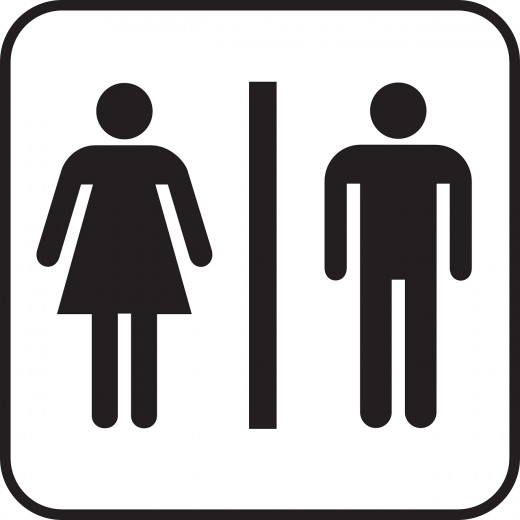He, She, . . . What’s all the fuss about?

Being Politically Correct
We’ve all been there. In the course of an otherwise normal conversation, we trip over one of those politically sensitive words or phrases that involve gender. Suddenly, we seem to lose the capacity for articulate speech as we scramble to find some way out of the predicament without alienating anyone.
In today’s politically correct world, we all seem to be striving for gender neutrality, a form of linguistic prescriptivism aimed at neutralizing the reference to gender when describing people. More specifically, when describing unknown, generic people.
Common Phrases
You know what I mean. Phrases like “How many man hours are needed to finish . . .” or “When a secretary starts a new job, she will . . .” or “the employee should report to his Supervisor . . .” and so on. I’ve seen a number of ways that people attempt to address this issue:
- Point out that this is common usage (generally in writing), and that everyone talks this way, and just carry on. This is usually done as some form of disclaimer, e.g., I will use “he” to mean all persons, male or female.
- Rephrase the whole thing into something about as graceful as stepping in chewing gum, e.g. people hours, s/he or he/she, or his/her, etc.
- Excuse yourself, and ask your assistant or co-worker to carry on in your place.
- With a blank expression on your face say, “What was the question?”
With me so far? Good. Now, I’m not going to spend the rest of this hub lambasting the male gender for insensitivity, nor will I fault the female gender for hypersensitivy. I’m not even going to argue whether or not we even should worry about gender references in the first place. Instead, I’d like to make a few suggestions, to help those who have been criticized for improper usage without ever having been instructed in acceptable alternatives.
What Are the Alternatives?
First of all, one can generally get around the whole mess by composing sentences in the first person (just like this article). If that’s not practical, try using plurals (e.g., employees should report to their supervisors). You could even try a little substitution.
Here are some examples:
Instead of
| Use
|
|---|---|
Manpower
| Workforce, personnel, staff, workers
|
The man in the street
| The average person, ordinary people, people in general
|
Man the phones
| Staff the phones, attend to the phones
|
The employee may exercise his right
| The employee may exercise the right
|
Chairman
| Chair, Coordinator
|
Another Perspective
Finally, when all else fails, use the “shoe on the other foot” rule. If you would not say, “the Gentleman Teacher,” then don’t say, “the Lady Lawyer.” Just say “teacher” or “lawyer” and be done with it. But if you would say, “The Men’s room needs cleaning,” then it’s perfectly O.K. to say, “The Women’s room needs cleaning.” In other words, be specific when the situation calls for it. Otherwise, gender-neutral language is the way to go.
What Not to Do
What I refuse to do is create convoluted phrases or words to deal with the usage problem. You will never see “Chair(wo)man” in my writing. Instead, you will find gender-specific usage where possible, and gender-neutral language when it’s an unknown. There you go. Best of luck!
This content reflects the personal opinions of the author. It is accurate and true to the best of the author’s knowledge and should not be substituted for impartial fact or advice in legal, political, or personal matters.
© 2015 Carolyn Fields






